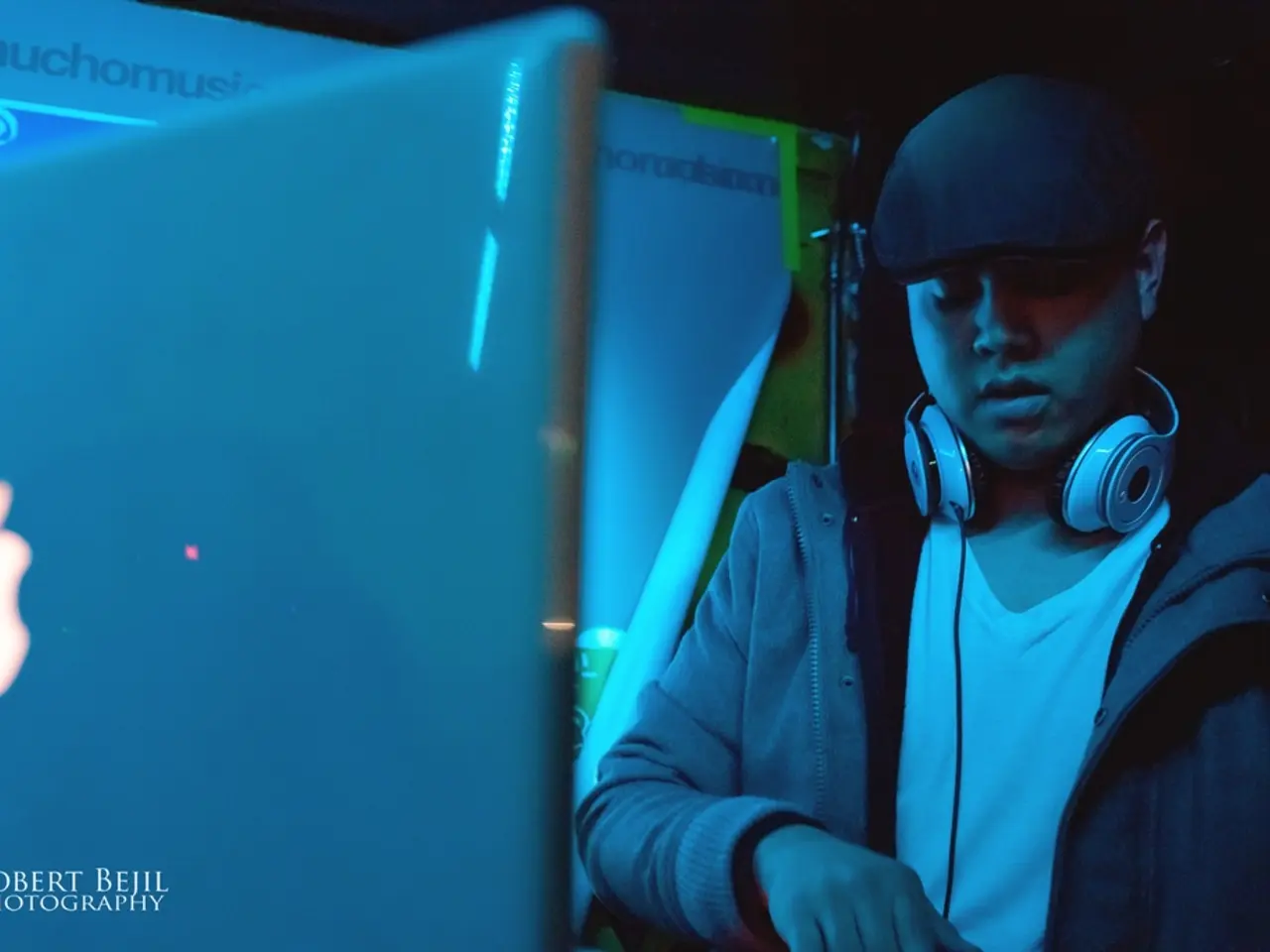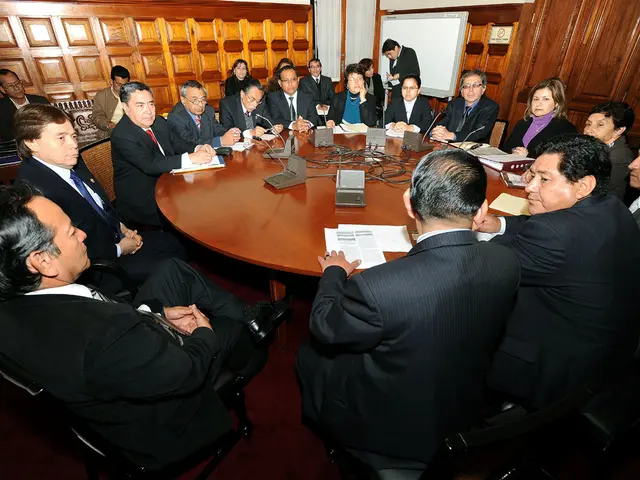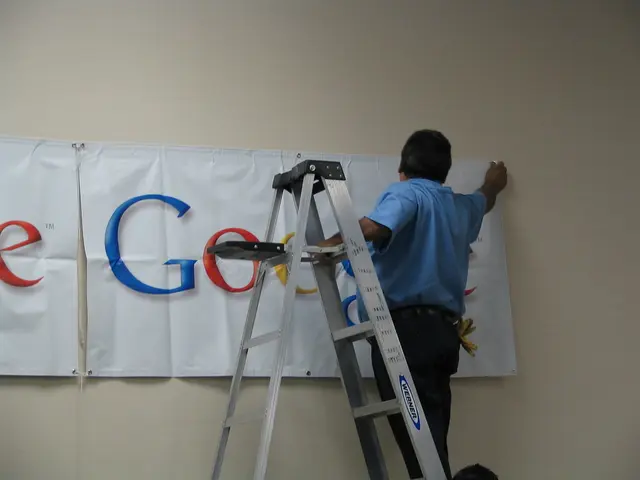Lawsuit Over Alleged Siri Audio Recordings Privacy Breach Gets $95 million Resolution from Apple
Apple has agreed to a $95 million settlement to resolve a class action lawsuit accusing Siri, its voice-activated assistant, of unlawfully recording users' private conversations and sharing them with third parties. The lawsuit, filed in the U.S. District Court for the Northern District of California, alleges that Siri was activated unintentionally, capturing private discussions from September 17, 2014, to December 31, 2024, and that these recordings sometimes led to targeted advertisements based on users’ conversations.
Key details of the settlement and lawsuit include:
- The case: Fumiko Lopez et al. v. Apple Inc.
- The claims: Siri devices allegedly recorded private conversations without consent and shared data with third parties.
- The class period: Covers users of Siri-enabled devices from September 17, 2014, through December 31, 2024.
- The settlement terms: Eligible class members can receive up to $20 per device.
- Legal fees: Plaintiffs’ attorneys may claim up to $28.5 million in legal fees plus $1.1 million in expenses from the settlement fund.
- The status: The settlement awaits final approval from U.S. District Judge Jeffrey White.
Apple denies any wrongdoing but agreed to this settlement to resolve the litigation, which is a significant case in consumer privacy related to voice-activated technology. The lawsuit runs parallel to ongoing privacy claims against other voice assistants, such as Google’s.
The class-action lawsuit alleges that Siri can be activated by various sounds, including the sound of a zip or an individual raising their arms and speaking, even in the absence of the trigger word or phrase, like "Hey, Siri." This raises concerns about the regularity of triggers on Siri devices such as the Apple Watch, with reports suggesting that the regularity is 'incredibly high.'
Some plaintiffs in the lawsuit have reported receiving targeted advertisements for products discussed with Siri, such as brand name surgical treatments, Air Jordan sneakers, Pit Viper sunglasses, and Olive Garden restaurants. However, Apple has no system in place to deal with accidental recordings, and it has not informed consumers they are being regularly recorded without consent.
The settlement excludes third-party claims submissions en masse, as Apple’s lawyers contested bulk claims filings by third-party firms seeking a cut of payouts, citing risks of fraud and tracking difficulties of payout distributions. If the settlement is approved, each class member could be paid up to $20 for each Siri-enabled device owned between 2014 and 2019.
[1] BBC News, "Apple to pay $95m to settle Siri eavesdropping lawsuit," 2022. [2] The Verge, "Apple agrees to $95 million settlement over Siri privacy lawsuit," 2022. [3] Ars Technica, "Apple to pay $95 million to settle Siri privacy lawsuit," 2022. [4] The Wall Street Journal, "Apple to Pay $95 Million to Settle Siri Privacy Lawsuit," 2022. [5] Reuters, "Apple rejects mass claims in Siri privacy lawsuit," 2022.
- This significant consumer privacy case, involving Apple's Siri voice-activated assistant, is not just a financial matter for the tech giant, as it faces a $95 million settlement for allegedly unlawfully recording users' private conversations, but also a concern for personal-finance, as eligible class members might receive up to $20 per device.
- The ongoing voice-assistant privacy claims, such as those against Google, highlight the technology-driven aspect of personal-finance, as users may unknowingly be subjected to targeted advertisements based on conversations with their digital assistants, potentially compromising their financial decisions.




